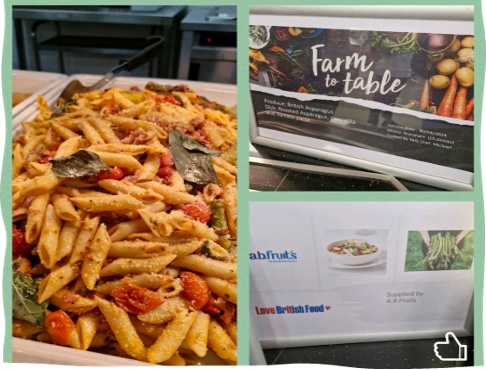Rob Chambers is Executive Chef for Hampton College, Peterborough
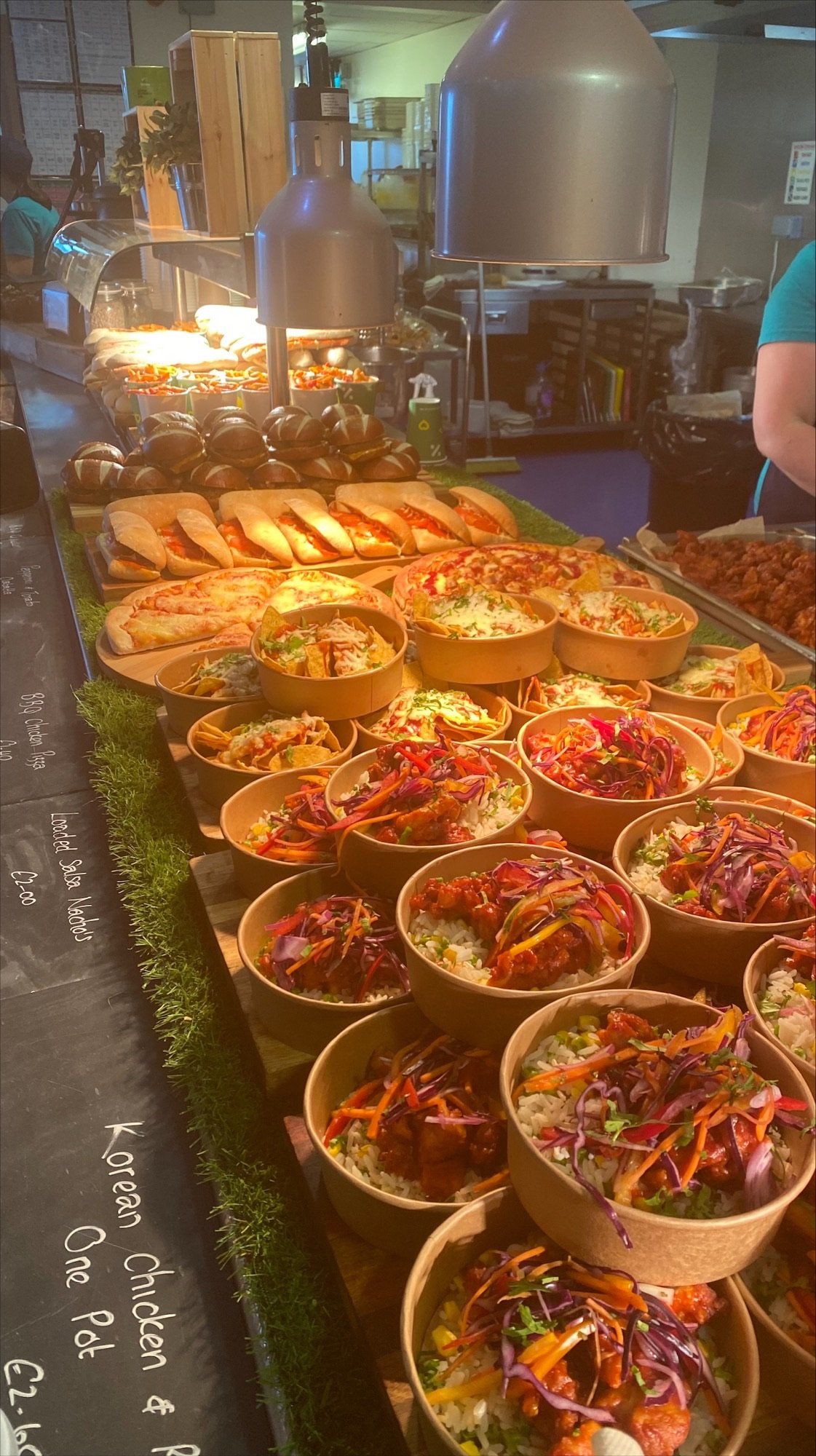
Slide title
Write your caption hereButton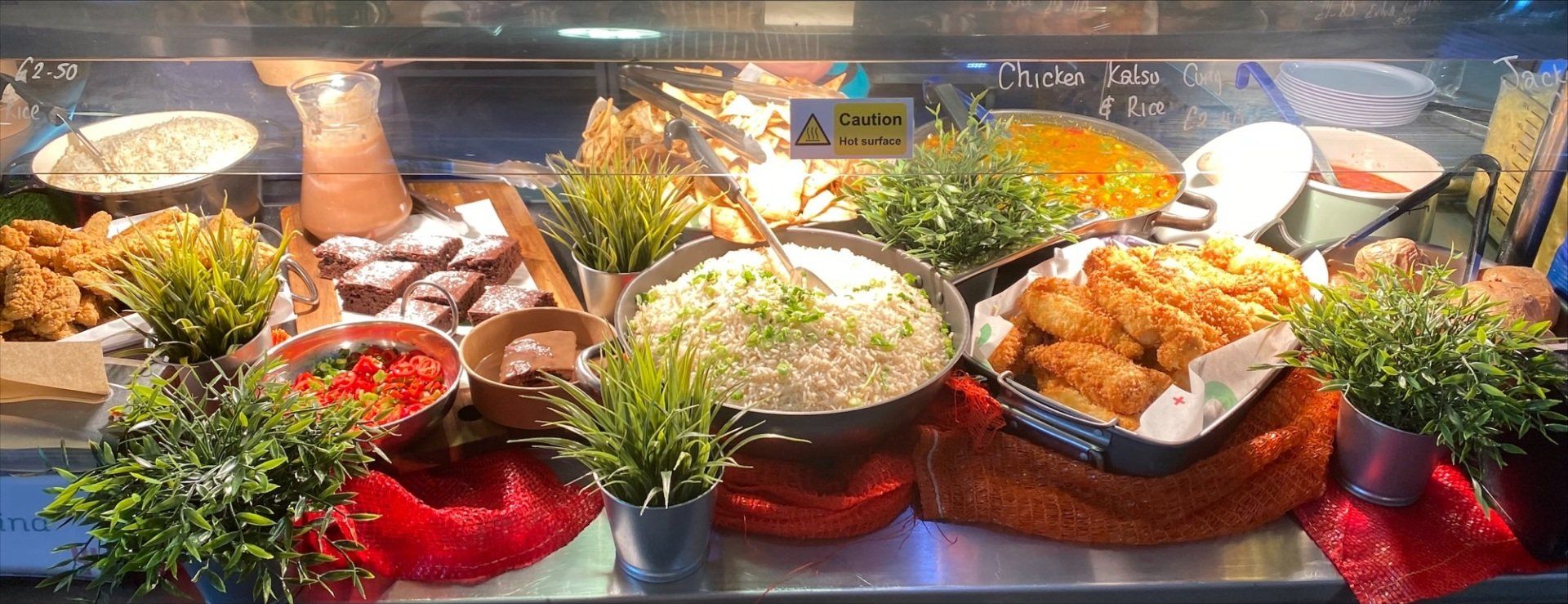
Slide title
Write your caption hereButton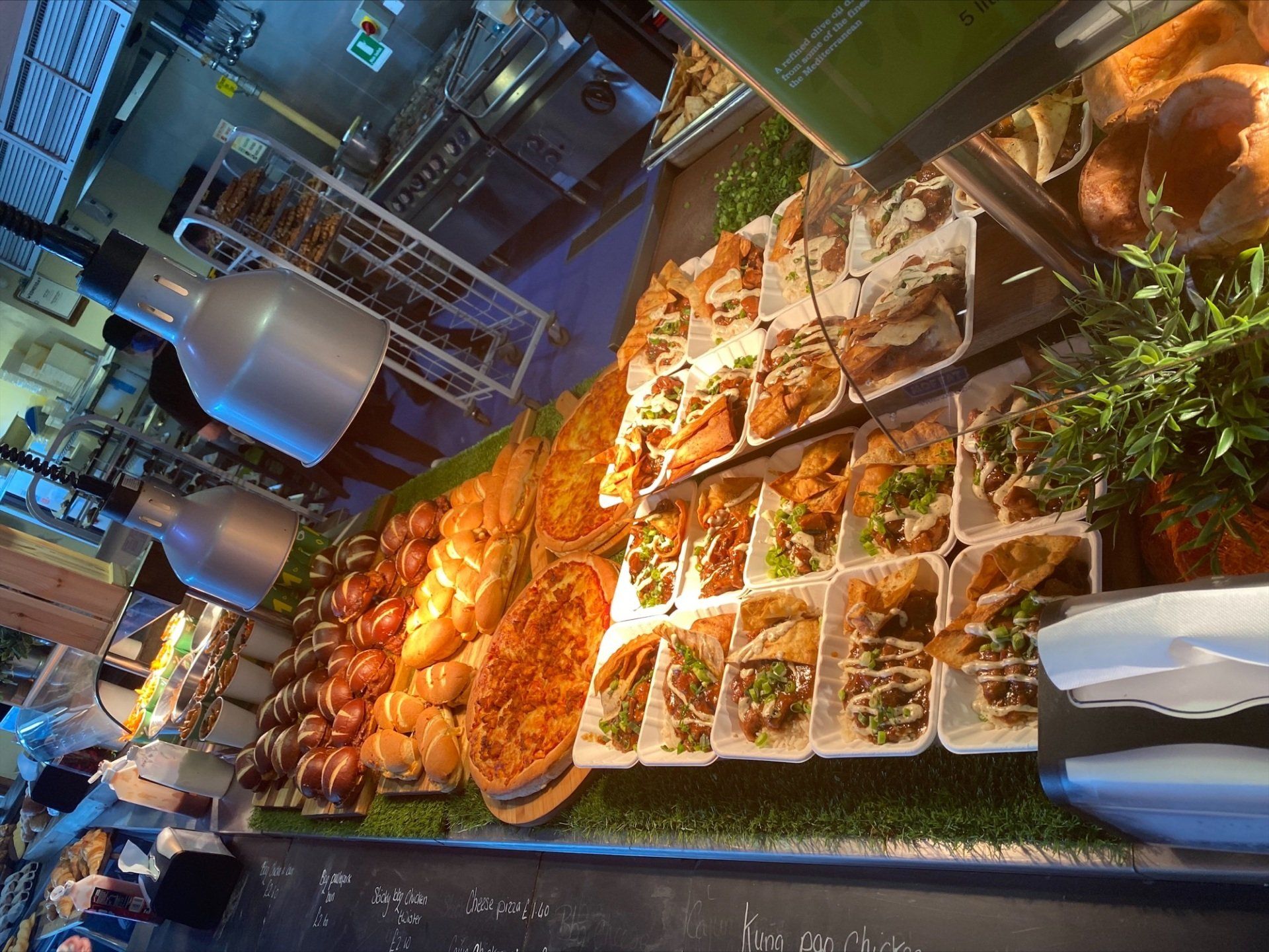
Slide title
Write your caption hereButton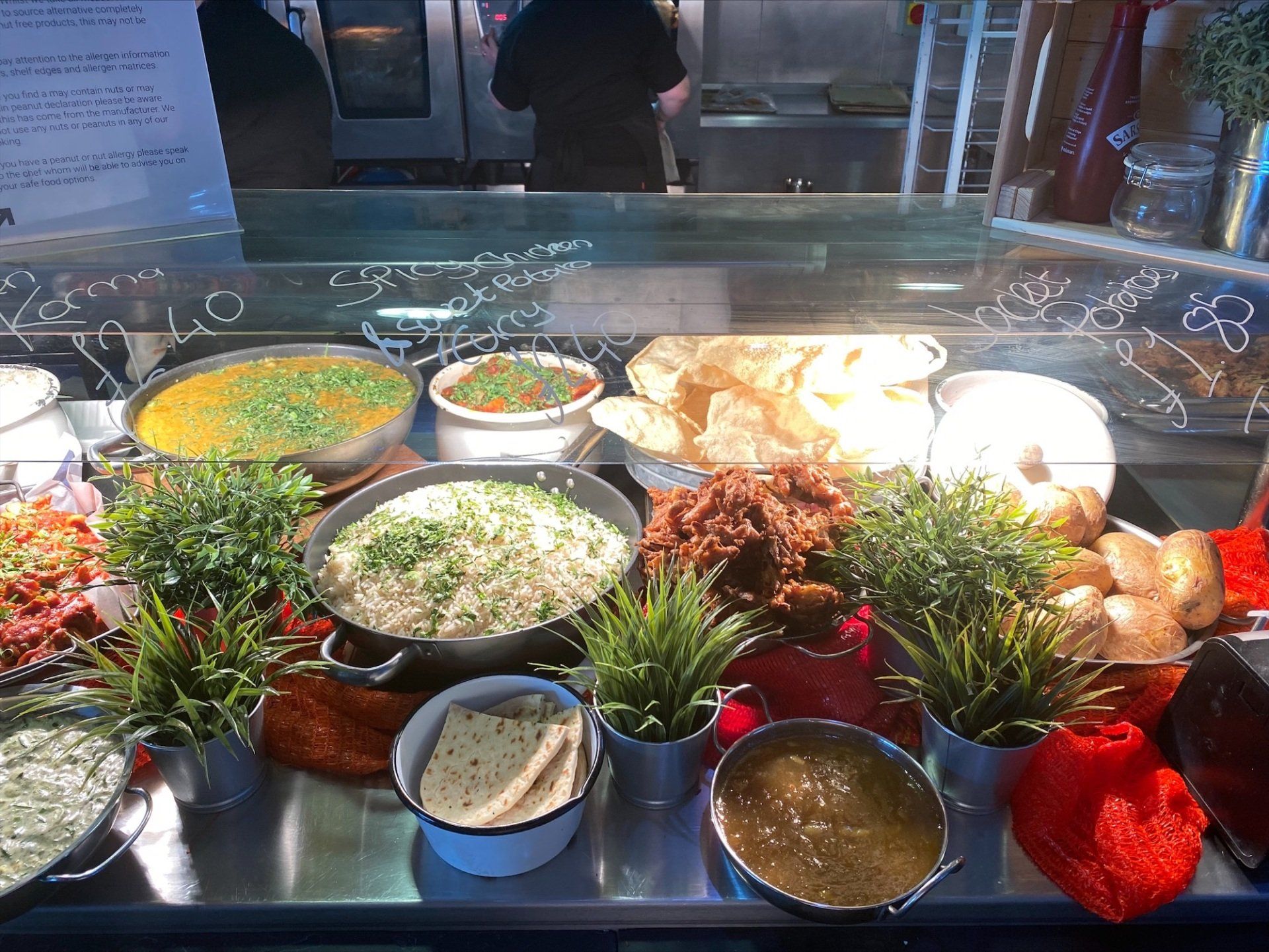
Slide title
Write your caption hereButton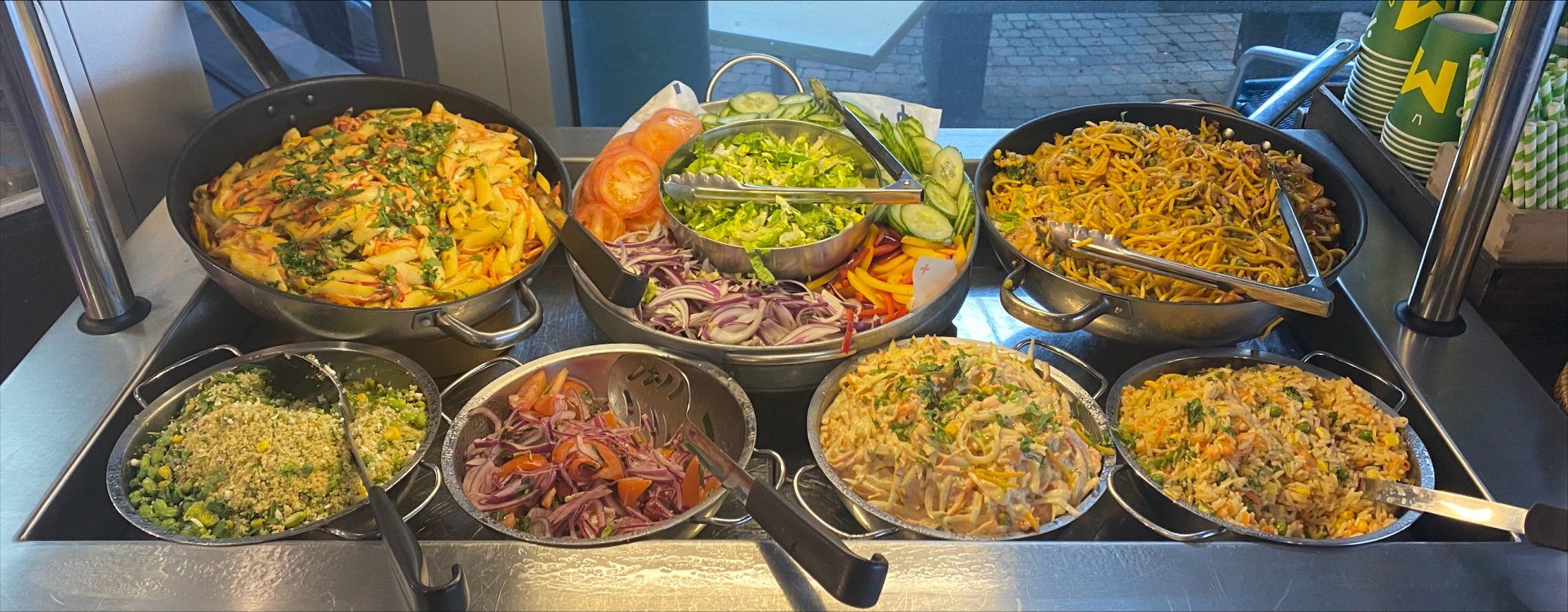
Slide title
Write your caption hereButton
My role and responsibilities
I have worked here for 2 years having previously worked in the events and wedding catering business. I am employed by Impact Food as Hampton College is a Cucina site and Cucina is part of Impact. Cucina has had the contract here for 5 or 6 years. Cucina’s commitment to fresh produce is the reason they won the contract.
We serve food to 1,300 pupils here but we are a part of a Trust of 4 schools so I work across all sites: 2 Secondary schools and 2 Primary schools.
What facilities do you have
Every site has its own kitchen and own team. So every school is self-operating.
At Hampton College we have an open kitchen that looks out on to the dining area which is great as I get lots of interaction with the kids.
How has your move been from the private to the public sector?
When I started work at Hampton College I was surprised by how good the food was and was surprised as to what was offered, being honest. Everything is home-made and fresh. There are wonderfully colourful salads and so much effort is put into getting as much veg as possible into all the dishes.
Impact Food takes its British sourcing very seriously. The majority of the food I get through them is British, we only use free range eggs, all our meat comes from assured farms, We only use sustainable sourced fish and we buy seasonal and British produce to reduce our food miles.
How does the ordering process work?
We have a 3 weekly menu which I must put out, but then have free reign to pop specials out. So, Mondays are classic favourites, Tuesdays are eastern (my favourite day) , Wednesday is roast dinner day, Thursday is Southern style and Friday, obviously, is fish and chips! I can run specials within these themes and develop my own recipes around them.
I make a particular point of including seasonal veg options to give colour to the menus and try and get kids to eat veg.
IFG are in the process of starting a ‘Veg of the month’ activity where we take 1 veg a month and create 5 different ideas highlighting that veg and rolling the recipes out to our company. This is a great way of sharing ideas and creating new recipes, and promoting different ways veg can be used whether in mains, handheld or even desserts.
How are menus written and promoted?
We have clip boards with posters of where the veg comes from, posters saying that all the meat is British. These are dotted around on wall frames and on posters. Being honest, most children are mainly interested in eating the food, not learning where it is from but some of the children do take note and are interested.
Do you have tips to share with other school caterers?
- Make everything colourful and full of seasonality so salad bars look really enticing.
- Offer tastings and samples: if we do anything new we always offer samples. If I introduce a new soup on the menu, I offer a little cup of soup for the children to try. This is a great way to get them interested in eating different things. If I offer them things for free I then hope they will then try that dish.
- Involve children and staff in the menu planning: we have a foodie group that meets once a term, or sometimes once every half term, to run menu ideas through the school council. The head teacher is involved plus pupils from each year group. We get feedback from them of what they want to see more on the menus.
- There is so much you can do with your salad bar: you can incorporate really fun quirky ideas. We give the children a pot that they can fill up with whatever they want from the salad bar. For example, protein pots with chicken and feta or tuna mayonnaise and then the children can top this up from the salad bar. We always have 5 or 6 types of salad they can choose from so they can build their own salad.
- Use puddings as a way of getting lots of fruit into the menu: we offer a hot pudding a day: steamed puddings, crumbles etc. And cakes and biscuits and muffins are all on the menu too. We do lots of fruit based puddings to get the fruit intake up: we use beetroot in all our brownies, I particularly like using sweet potato in our chocolate muffins.
- Do the same with veg: I use courgettes and carrots in our pizza base so that we can get more veg into the children’s diet.
Impact Food group will be taking part in British Food Fortnight this year. It is a great opportunity to promote different things. We can dress up the counters will lots of seasonal produce, display fun posters and really get the children to take an interest in where their food comes from.

Slide title
Write your caption hereButton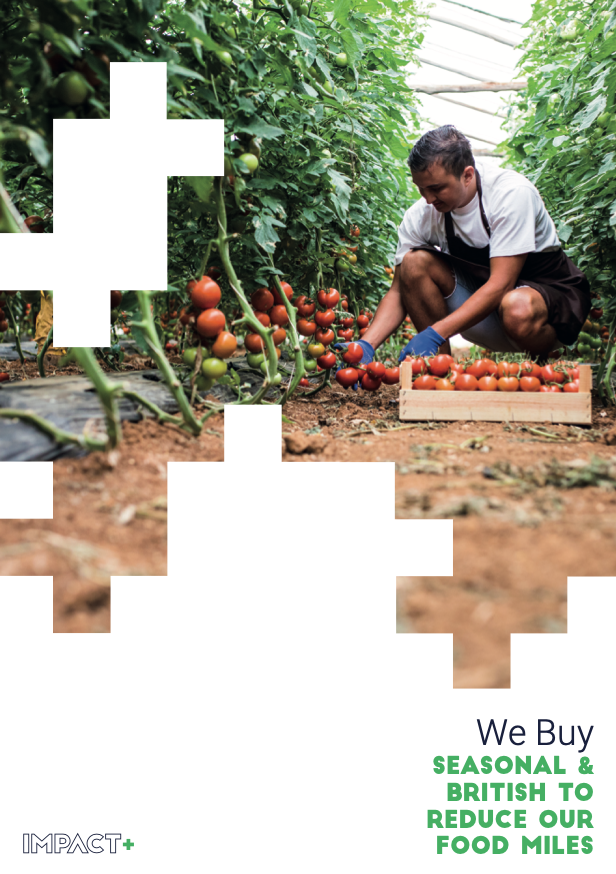
Slide title
Write your caption hereButton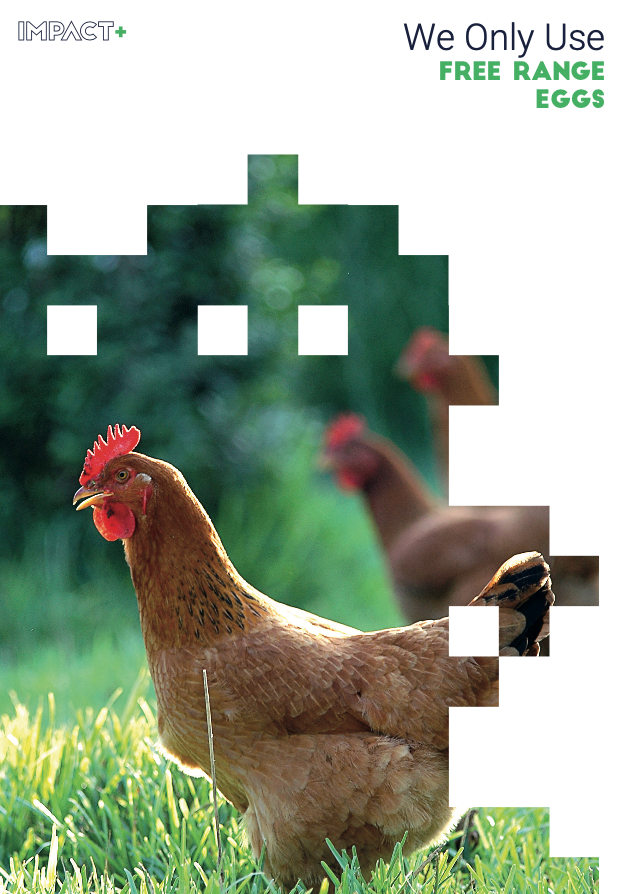
Slide title
Write your caption hereButton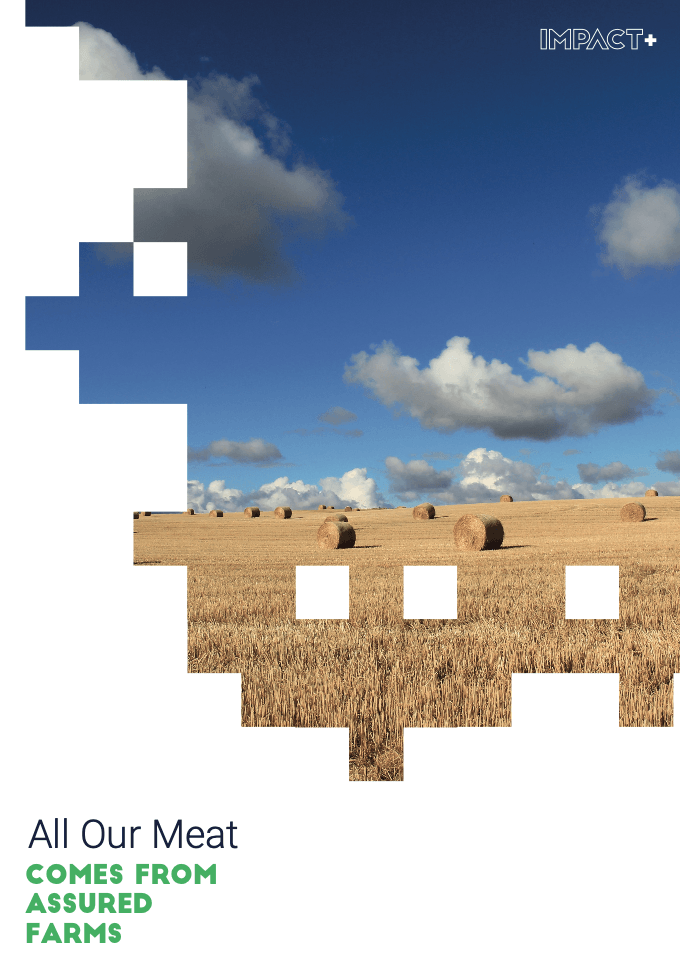
Slide title
Write your caption hereButton
Slide title
Write your caption hereButton
Share:
You may also be interested in...
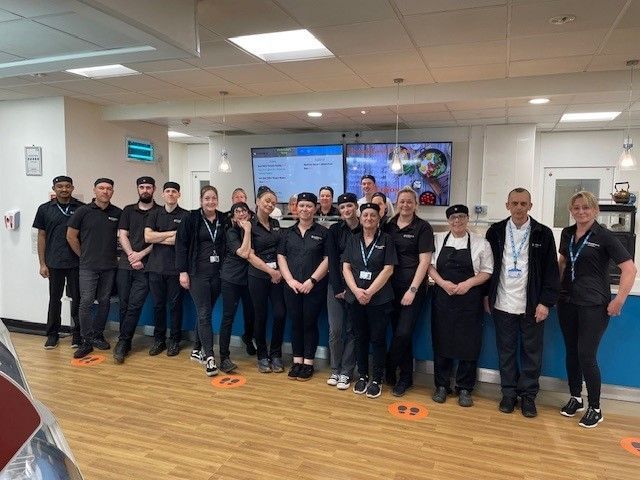

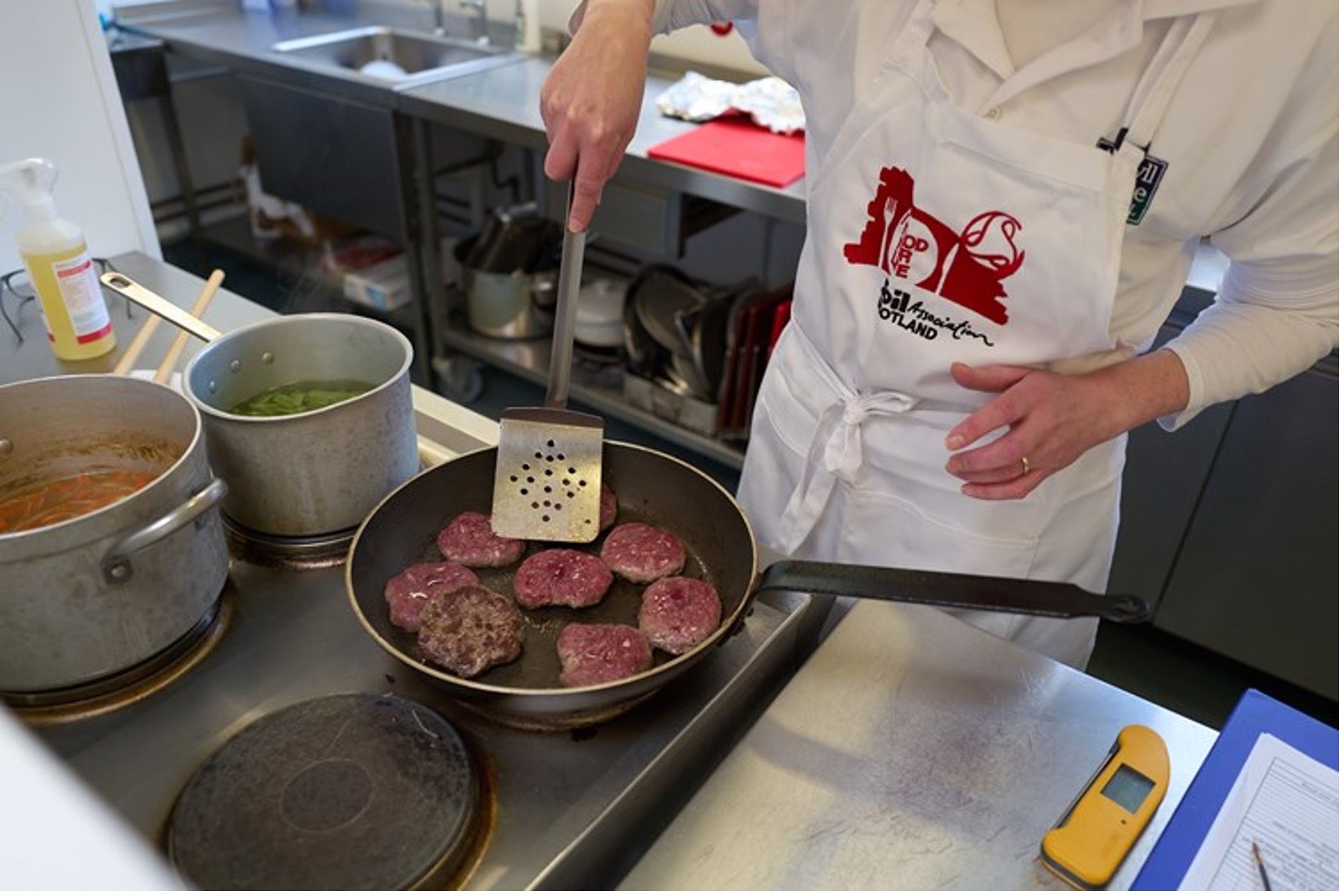




Slide title
Write your caption hereButton
Slide title
Write your caption hereButton
Slide title
Write your caption hereButton
Slide title
Write your caption hereButton

Slide title
Write your caption hereButton
Slide title
Write your caption hereButton
Slide title
Write your caption hereButton
Slide title
Write your caption hereButton
Don’t miss out!
Sign up to our newsletter and stay up to date with our latest news and events.
The campaign Love British Food, the national food celebrations ‘British Food Fortnight’ and their associated logos are trademarked and must not be used without the express permission of the owners, Love British Food. Companies or individuals wanting to use the logos or run promotions and activity in association with British Food Fortnight or Love British Food can work with Love British Food as a member or partner or with permission from the founder.
Love British Food


